(By Ayesha Mahnoor)
In a world increasingly fractured by Western unilateralism, the Shanghai Cooperation Organisation (SCO) Summit 2025, held in Tianjin, China, from 31 August to 1 September, emerged as a defining moment in global geopolitics. As a Pakistani expert in diplomacy and statecraft, I view this summit not merely as a regional gathering but as a bold assertion of a multipolar order, challenging the hegemony of the United States and its allies. For Pakistan, the SCO represents a vital platform to strengthen ties with strategic partners like China and Russia, fostering economic and security cooperation in a volatile region. The 25th anniversary of the SCO underscored its growing influence, with the Tianjin summit marking its largest-ever attendance. However, while nations like Pakistan secured tangible benefits, India’s participation, led by Prime Minister Narendra Modi, yielded little beyond symbolic gestures, a fact obscured by its media’s deceptive narratives.
Background of the SCO
The SCO traces its roots to the Shanghai Five, formed in 1996 by China, Russia, Kazakhstan, Kyrgyzstan, and Tajikistan to address post-Soviet border disputes and build mutual trust. Established formally in 2001 with Uzbekistan’s inclusion, it has grown into a formidable intergovernmental organisation, now comprising ten full members: China, Russia, India, Pakistan, Iran, Kazakhstan, Kyrgyzstan, Tajikistan, Uzbekistan, and Belarus, admitted in 2024. Representing over 40% of the global population and approximately $24.59 trillion in GDP (23.16% of the world’s total), the SCO is a powerhouse of economic and strategic influence. Its permanent bodies, including the Beijing-based Secretariat and the Tashkent-based Regional Anti-Terrorist Structure (RATS), focus on security, economic cooperation, and countering terrorism, separatism, and extremism. Pakistan’s active participation, particularly through RATS, aligns with our national priority of combating cross-border terrorism, while initiatives like the China-Pakistan Economic Corridor (CPEC) dovetail with the SCO’s emphasis on connectivity and the Belt and Road Initiative (BRI). Unlike Western-led institutions, which often impose conditional frameworks, the SCO champions equality and non-interference, offering middle powers like Pakistan a platform to assert strategic autonomy.
Major Events at the 2025 Summit
Hosted by China under President Xi Jinping’s chairmanship, the Tianjin summit was a landmark event, attended by over 20 heads of state, including Russian President Vladimir Putin, Pakistani Prime Minister Shehbaz Sharif, Iranian President Masoud Pezeshkian, and Indian Prime Minister Narendra Modi, alongside representatives from observer states and international organisations like the United Nations. Held at the Tianjin Meijiang Convention and Exhibition Center, the summit featured bilateral meetings, a plenary session, and discussions on critical issues such as regional security, artificial intelligence (AI) cooperation, and economic resilience amid global uncertainties.
Key highlights included the adoption of the Tianjin Declaration, which condemned terrorism in all forms and called for strict adherence to international treaties like the Non-Proliferation Treaty (NPT) and the Chemical Weapons Convention. Xi’s keynote address urged member states to reject “Cold War mentalities” and hegemonism, a pointed critique of US policies, particularly its weaponisation of tariffs under President Donald Trump. The summit also saw the establishment of an SCO Development Bank, a significant step towards reducing reliance on the US dollar and fostering an alternative financial system. China’s proposal for an AI Collaboration Center and commitments to share open-source AI technologies underscored the SCO’s ambition to lead in technological sovereignty. Pakistan’s engagements, led by PM Shabazz Sharif, reinforced CPEC Phase II, securing commitments for infrastructure and energy projects, while bilateral talks with Russia strengthened counter-terrorism frameworks, vital for stabilising Afghanistan.
Notably, Xi met Myanmar’s leader Min Aung Hlaing, expressing support for Myanmar’s potential full membership, expanding the SCO’s Southeast Asian reach. The summit also addressed the Russo-Ukrainian conflict indirectly, with member states maintaining neutrality but advocating for dialogue, positioning the SCO as a potential mediator in global crises. Preparatory events, such as the SCO Digital Economy Forum and the Media and Think Tank Summit, highlighted the organisation’s holistic approach, engaging over 1,500 stakeholders from member states.
Key Takeaways and Global Impact
The Tianjin summit’s outcomes have profound implications for global geopolitics. First, the establishment of the SCO Development Bank signals a shift towards financial independence, challenging Western-dominated institutions like the World Bank. With China as the largest shareholder in the Asian Infrastructure Investment Bank (AIIB), the SCO’s financial ambitions reflect Xi’s vision of a China-led global governance framework. Second, the focus on AI cooperation positions the SCO as a leader in emerging technologies, reducing dependence on US-controlled systems and fostering innovation across Eurasia. This is particularly significant for Pakistan, where technological advancements can bolster CPEC’s digital infrastructure.
Third, the summit’s emphasis on counter-terrorism through RATS offers a robust framework for addressing regional instability, particularly in Afghanistan and Central Asia, where Pakistan’s expertise is indispensable. The joint declaration’s condemnation of terrorism’s double standards resonates with Islamabad’s long-standing call for global accountability, especially in light of India’s selective narratives on cross-border threats. Globally, the SCO’s expansion to include Belarus and its outreach to dialogue partners like Myanmar and Armenia underscores its growing appeal as an alternative to NATO and other Western alliances, particularly for nations facing sanctions.
However, the summit’s optics-heavy nature, as noted by some analysts, highlights a challenge: translating declarations into actionable outcomes. While Pakistan secured concrete commitments, the SCO must prioritise implementation to avoid being perceived as a symbolic counterweight to the West. Amid rising US tariffs and a faltering global trading system, as reported by the Council on Foreign Relations, the SCO’s push for economic integration could reshape trade dynamics, offering stability to the Global South.
India’s Role and Modi’s Limited Gains
India’s participation, led by Prime Minister Narendra Modi, was marked by high visibility but negligible substance. Modi’s meetings with Xi and Putin, including a widely publicised moment of handshakes and laughter, were touted by India’s “Godi media” as diplomatic triumphs. Yet, these outlets resorted to airing outdated footage from prior summits, misleading domestic audiences into believing the 2025 event was a breakthrough. In reality, India failed to secure meaningful outcomes. Modi’s calls for UN reforms and counter-terrorism measures echoed SCO rhetoric but lacked specific commitments, such as progress on the Ladakh border dispute with China or enhanced trade pacts. India’s refusal to endorse a joint statement at the SCO defence ministers’ meeting in Qingdao earlier in 2025, citing selective references to terrorism, further isolated New Delhi, exposing its misalignment with the organisation’s collective stance.
India’s posturing reflects a broader strategic dilemma. While Pakistan leverages the SCO to advance CPEC and counter-terrorism, India’s alignment with US policies, including its role in the Quad, creates friction with SCO partners. The Godi media’s manipulation—replaying old clips to project Modi’s camaraderie with Xi and Putin—underscores a desperate attempt to mask this failure. Such tactics erode public trust and highlight India’s inability to navigate the SCO’s multipolar ethos, contrasting sharply with Pakistan’s pragmatic diplomacy.
Pakistan’s Strategic Advantage
For Pakistan, the SCO 2025 was a triumph of strategic foresight. Prime Minister Sharif’s engagements secured reaffirmations for CPEC, positioning Pakistan as a linchpin in Eurasian connectivity. Pakistani leadership in counter-terrorism discussions, leveraging RATS, strengthens regional stability, aligning with our national security priorities. Unlike India’s hollow optics, Pakistan’s outcomes were grounded in actionable commitments, from infrastructure deals to security cooperation, reinforcing our role as a reliable SCO partner.
Conclusion
The SCO Summit 2025 in Tianjin marks a turning point in global geopolitics, heralding a multipolar world where nations like Pakistan can assert influence through equitable partnerships. While the SCO’s financial and technological ambitions challenge Western dominance, its success hinges on translating declarations into reality. For Pakistan, the summit was a testament to our diplomatic agility, securing gains that bolster our economy and security. In contrast, India’s lacklustre performance, masked by media deception, underscores the limits of image-driven diplomacy. As the SCO evolves, one question lingers: will the world embrace a fairer order, or will old powers cling to fading dominance? Pakistan, standing tall, is ready to shape the answer.

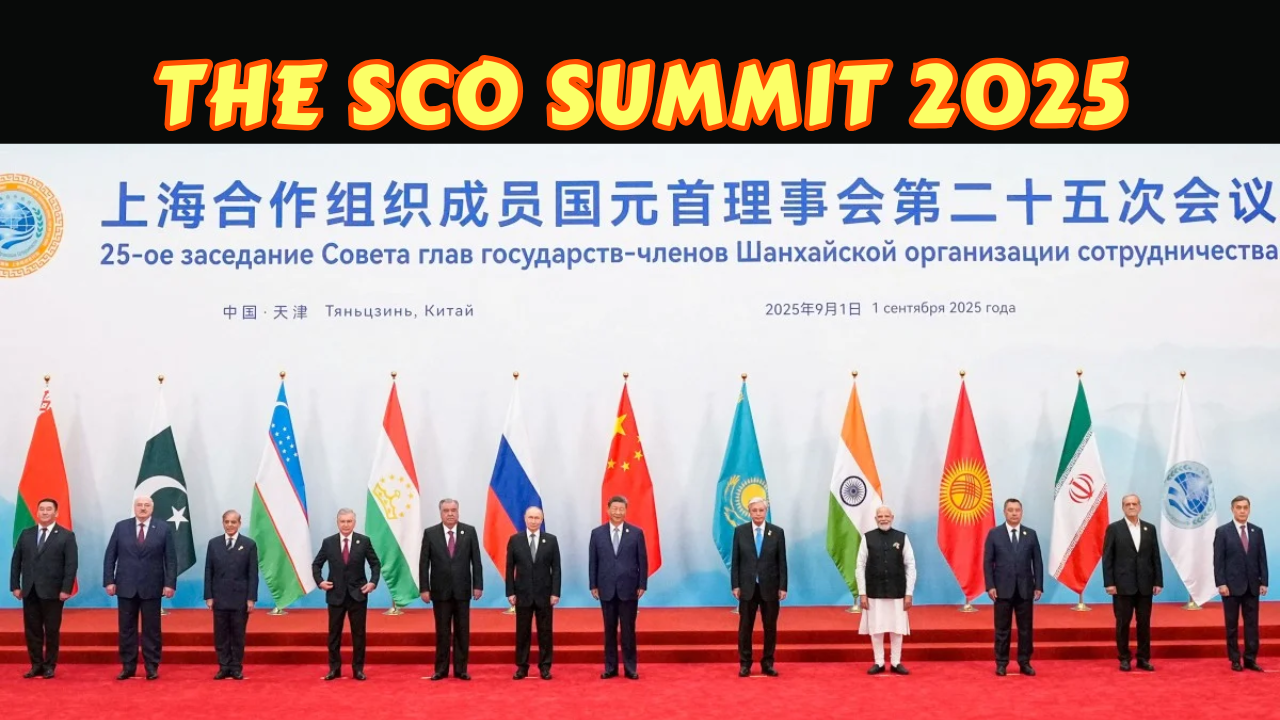
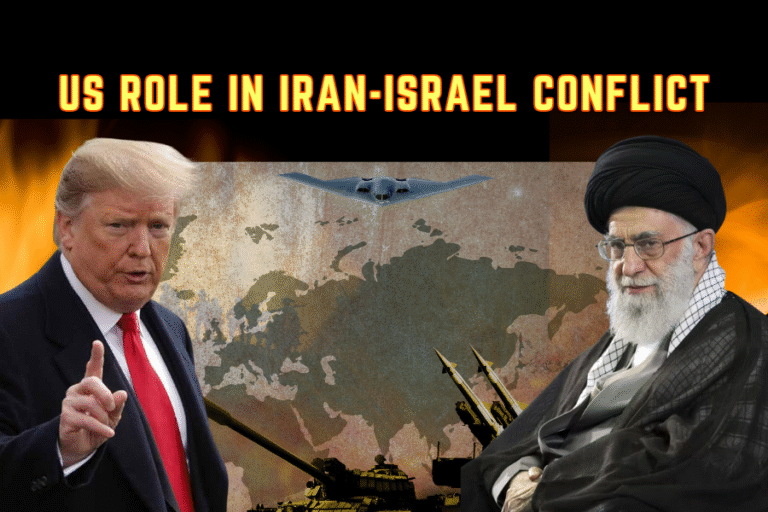
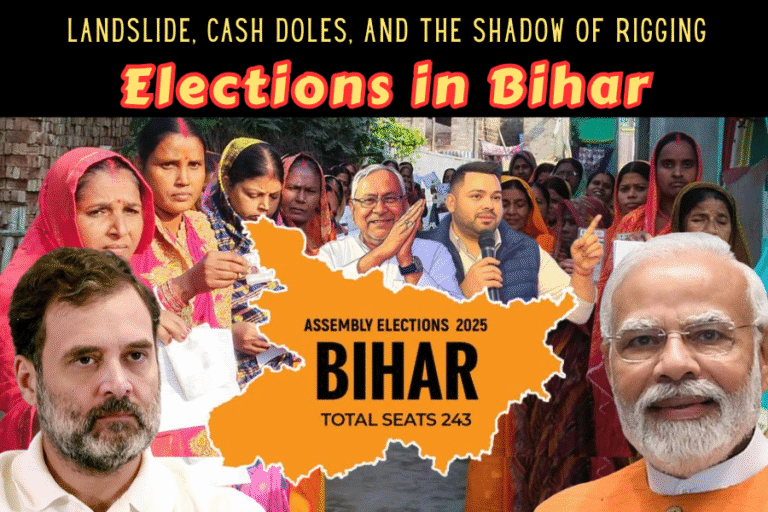
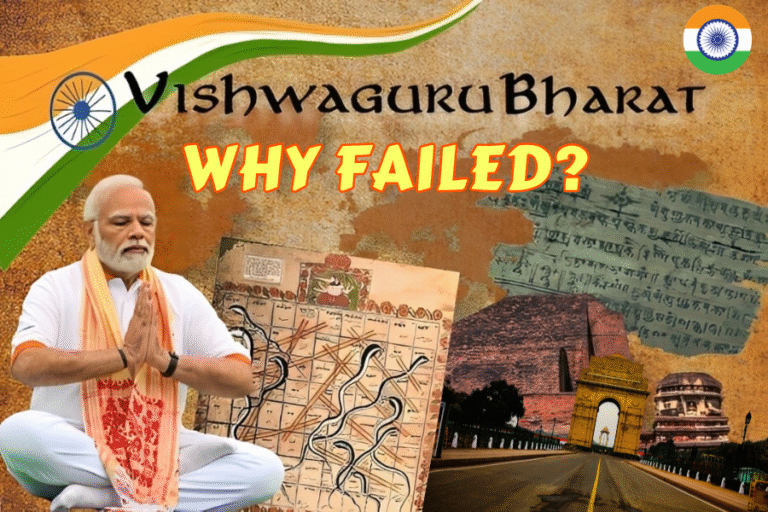
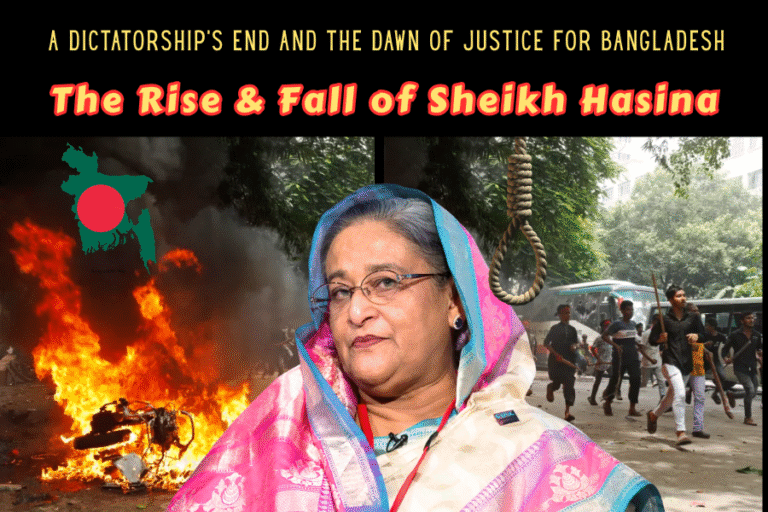
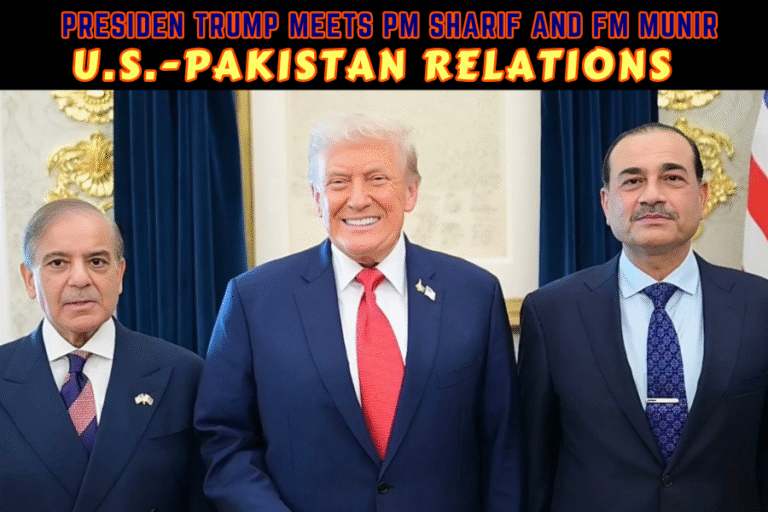

I gotta bookmark this site it seems handy extremely helpful
I went over this web site and I think you have a lot of wonderful information, saved to bookmarks (:.